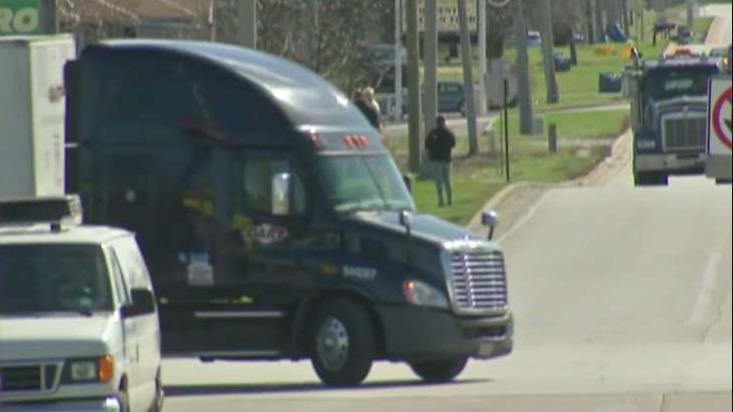Worker shortage pummels landscaping industry
The U.S. economy is strengthening – and while times may be looking up for U.S. workers, some industries are suffering as they struggle to fill hundreds of thousands of open positions.
The landscaping industry is one facing that challenge, which has been caused not only by a strong economy, but a host of other factors.
Missy Henriksen, vice president of public affairs for the National Association of Landscape Professionals (NALP), told FOX Business that 82 percent of CEOs say the number one thing keeping them up at night is the inability to find qualified employees.
According to the most recent industry data available, 71,000 jobs went unfilled in 2017.
However, that number has likely risen since – as the industry grows and H-2B visas are difficult to come by.
The H-2B visa program allows qualified employers to bring foreign nationals into the U.S. to fill temporary, non-agricultural jobs. It requires, among other things, that a company prove it cannot find local talent.
The program is capped at 66,000. This year, 30,000 additional visas were permitted in March for the remainder of the fiscal year. However, last year visas were raised by just half of that amount at a later point in the season.
“It’s been a big factor for our industry for over 10 years,” Henriksen said. “Many of the guest workers return year after year to the same company, but when companies don’t get their guest workers … they really suffer.”
The 3.7 percent unemployment rate certainly isn’t helping the situation, either.
Jim McCutcheon, the CEO of HighGrove Partners – one of the largest landscaping companies in Georgia, has been in the business for nearly three decades and said the past two to three years have been the most challenging that he’s seen in terms of the industry’s labor situation.
“It’s easily cost us more than $1 million,” McCutcheon told FOX Business. “It’s an everyday search for people.”
As a result of the labor shortage, many companies are canceling business orders, while others are closing their doors altogether.
Since employment opportunities are abundant, McCutcheon – whose company does not use the H-2B visa program – said even the people he can find are not as reliable, because they either don’t want to work or may not have a hard time finding another job.
In response to the shortage, like many other industries, landscapers are raising wages and adding benefits.
McCutcheon has raised his company’s minimum wage substantially over the past few years, from around $9 per hour for the lowest-level employees to around $13 per hour currently.
Some of McCutcheon’s veteran crew managers make in excess of $20 per hour. Managers can earn more than $100,000.
Henriksen said other benefits companies are offering employees include health insurance, development support services and added vacation time.
There is also a big focus on training and apprenticeship programs to teach interested applicants who have little to no experience.
Opportunities are year-round for McCutcheon’s workers in Atlanta, but often also are for companies around the country. In the winter, for example, companies in New England work on snow and ice removal, hang holiday lights and provide other diversified services.
These problems are not unique to the landscaping industry – and the effects are not isolated, either. As previously reported by FOX Business, a number of blue-collar industries – from construction to trucking – are lacking qualified workers.
But when industries are unable to find employees it has ramifications for the economy, overall.
CLICK HERE TO READ MORE ON FOX BUSINESS
“Without the ability to find labor this country grinds to a halt,” McCutcheon said. In his industry, for example, companies that can’t find workers lose revenue and jobs, and then can’t reinvest in their businesses – which affects how many trucks and mowers they buy – and so on.
“It’s a domino effect,” McCutcheon said.




















